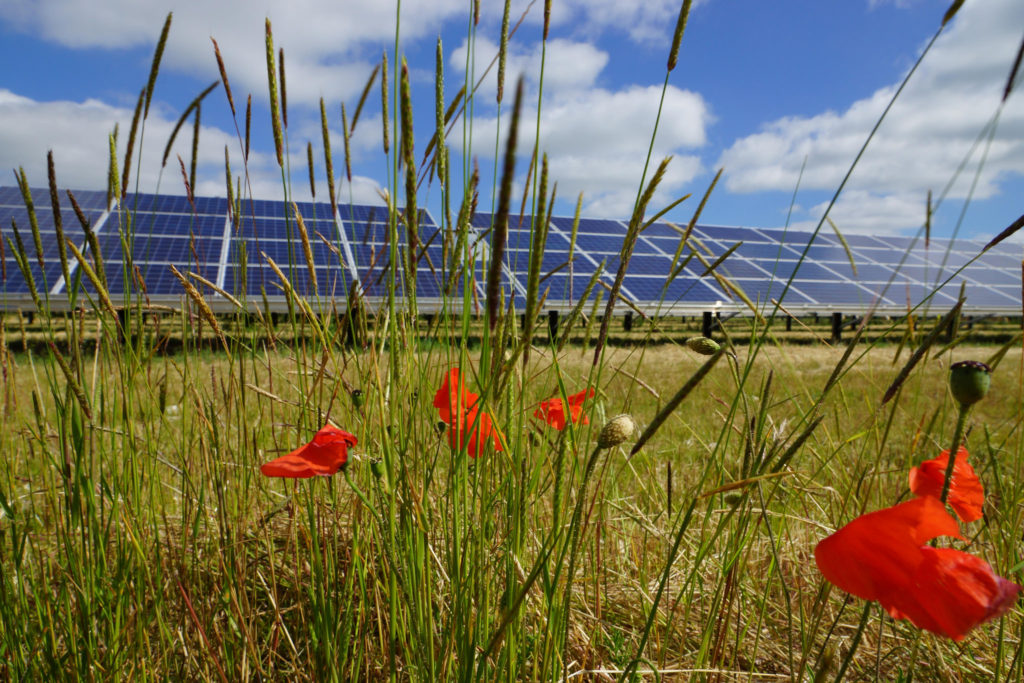As the U.S. progresses in the solar industry, areas that were once the coal mining powerhouses of the country have become often depressed areas of socioeconomic blight after the communities were stripped of their once-powerful industrial and energy-backed clout. Now, however, solar energy is coming back to revive places that were left in the past when coal became a little wanted energy resource, with Virginia near the forefront of the national trend.
In the coal fields of Southwest Virginia, solar projects are now taking center stage in a modern era.
Formed in 2016, the Solar Workgroup (SWG) of Southwest Virginia, made up of people from local non-profits, community and state agencies, universities, and everyday interested citizens and businesses, is preparing for half a dozen projects in the region. According to a report from WTVR, negotiations are in the final stages with Richmond-based solar installation company NCI, Inc. to lead six solar electricity projects to be built at a variety of sites:
- Wetlands Estonoa Learning Center (Wise County)
- University of Virginia-Wise Oxbow Center (Wise County)
- Lonesome Pine Industrial Center (Town of Wise)
- Norton Green Apartments (Norton)
- Central High School (Wise County)
- Ridgeview High School (Dickenson County)
If completed, the projects would add 1.5 megawatts of solar energy production to the burgeoning industry in the Commonwealth, with more expected to come in the near future. NCI is also promising to hire workers in the areas and is dedicated to providing training in solar installation.
For the proposal, NCI teamed up with Piney Flats, Tennessee-based Acorn Electrical Specialists and Savannah, Georgia-based RockBridge Energy.
SWG is supported through a grant from the U.S. Department of Energy Sunshot Initiative, and is co-convened by Appalachian Voices, the UVA-Wise Office of Economic Development & Engagement, and People, Inc., with facilitation assistance from Dialogue + Design Associates.
The Appalachian Voice reports that the workgroup received the first Torchbearer award at the 2018 SWVA Economic Forum held in May for its work in creating a locally-sourced solar industry in Southwest Virginia as an economic development catalyst. Their four goals are: establishing commercial-scale rooftop solar projects, workforce development, education and outreach, and state-level policy changes.

